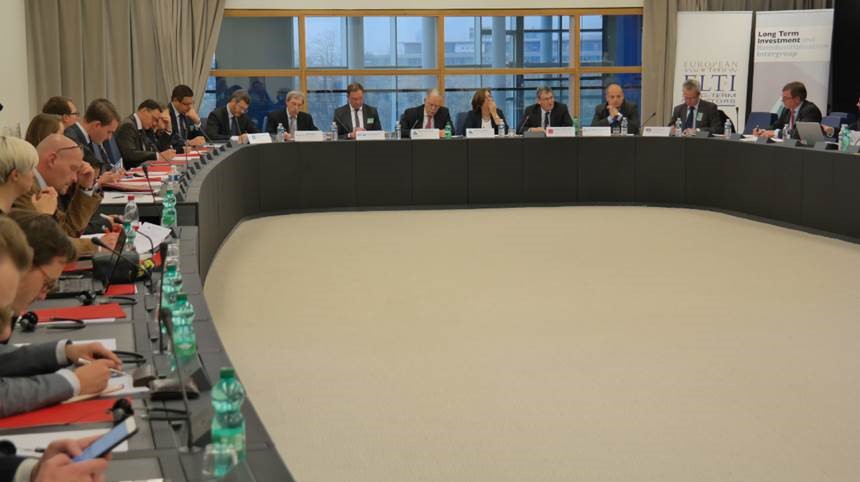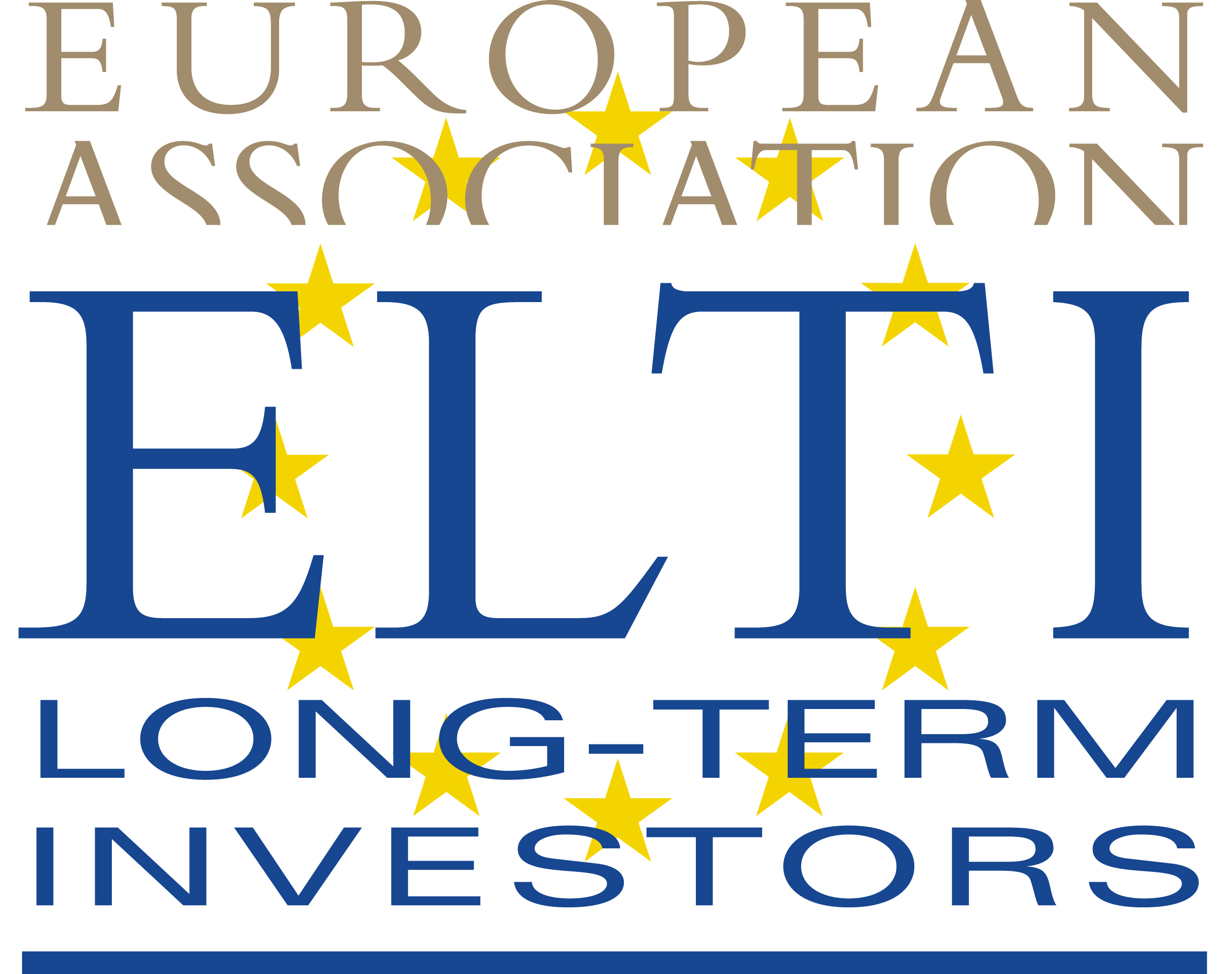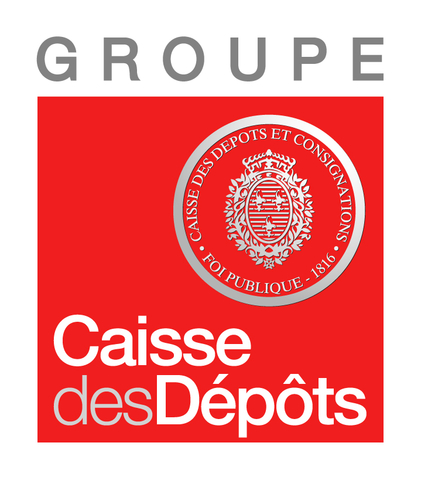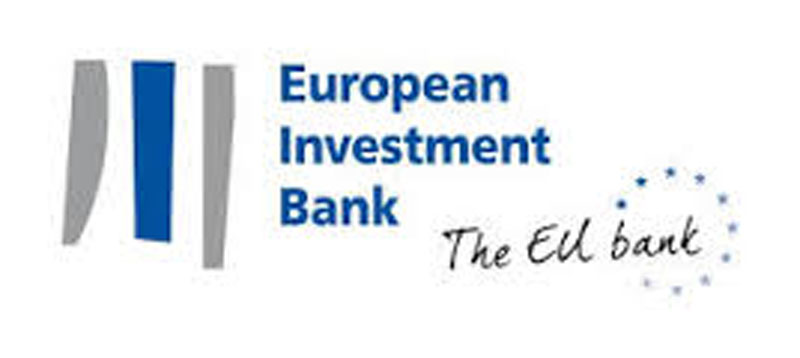 On Wednesday 23 November 2016 the European Parliament Intergroup on Long-Term Investment and Reindustrialisation met in Strasbourg. Under the chair of the Member of the European Parliament (MEP) Dominique Riquet (FR) and Vice-President of the European Parliament Adina-Ioana Vălean, EFSI was discussed for 1 ½ hours.
On Wednesday 23 November 2016 the European Parliament Intergroup on Long-Term Investment and Reindustrialisation met in Strasbourg. Under the chair of the Member of the European Parliament (MEP) Dominique Riquet (FR) and Vice-President of the European Parliament Adina-Ioana Vălean, EFSI was discussed for 1 ½ hours.
Ca. 50 persons of which 9 were MEPs – one of them being EFSI co-rapporteur José-Manuel Fernandes, and many assistants to MEPs (including to the European Parliament’s President Martin Schultz) attended the meeting.
Based on the three ELTI position papers, the main points of the discussion were: The European Fund for Strategic Investment (EFSI), ART. 38 CPR – European Fund for Strategic Investments (EFSI) & European Structural and Investment Funds (ESI) and the External Investment Plan (EIP).
Speakers
Laurent Zylberberg
ELTI President & Caisse des Dépôts et Consignations (CDC)
Christian Krämer
KfW Bankengruppe
Riccardo Honorati Bianchi
Cassa depositi e prestitit Spa (CdP)
Sibil Svilan
SID Banka
Yves Guicquero
Agence Française de Développement (AFD)
Mikolaj Dowgielewicz
European Investment Bank (EIB)
European Fund for Strategic Investment (EFSI)
NPBIs took a major role in the implementation of the EFSI notably in the SME window and the success of the Juncker-plan happened. EIB underlined the fact that EFSI was a great opportunity to strengthen the cooperation between EIB and NPBIs.
NPBIs and EIB continue to have different views on subordination. EIB continued to underline that the question of subordination has to be decided (by the EIB) on a case-by-case basis.
There are great expectations about the European Investment Advisory Hub notably by MEPs from Eastern Europe (Romania, Bulgaria, Slovenia). In order to improve geographical distribution additional focus should be given by the EIB to the smaller countries in terms of know-how, technical expertise, share of best practices etc (technical assistance 2.0).
The added-value of the EFSI from NPBIs- and MEPs-view is mainly the additional risk taking capacity of EFSI and in some EU Member States the availability of additional liquidity. MEPs expressed their concerns about additionality.
Most of the participants asked for a stronger involvement of NPBIs in the implementation of the EFSI.
ART. 38 CPR – European Fund for Strategic Investments (EFSI) & European Structural and Investment Funds (ESI)
Investment platforms will be a key element to combine EFSI with other EU funding resources notably ESIF (-> Structural Funds).
NPBIs - that have a significant financial and project engineering expertise, strong financing capacity and knowledge of their respective territories - could and should in the future play a greater role in ESI Funds deployment also to enhance the synergies between EFSI and ESI Funds as well as to avoid crowding-out effect.
The new proposed Art. 38 CPR that foreseen direct award of implementation tasks related to Financial Instruments from Managing Authorities (MAs) to NPBIs with equivalent conditions currently granted to EIB Group and other IFIs, currently do not seem to be aligned with the definition of NPBIs used in the EFSI Regulation and consequently some NPBIs could be excluded.
ELTI suggested to apply the definition of NPBIs as in article 2 (3) of EFSI Regulation (EU) 2015/1017. Any amendment of art. 38 CPR should be fully consistent with EFSI Regulation in order to ensure protection of legitimate expectations and legal certainty.
The final objective is to have all NPBIs be able to implement Financial Instruments, combining ESIF and EFSI, avoiding any potential impediment coming from new proposed art. 38 CPR and at the same time allowing them maximum level playing field.
In this regard cooperation between the EIB and NPBIs in designing and providing solutions that address EU investment needs, market gaps and enhance EU competitiveness is therefore of utmost importance.
External Investment Plan (EIP)
The External Investment Plan (EIP) which might become an “EFSI for Africa” and the involvement of bilateral development banks (KfW, CDP, AFD, …) was discussed and highlighted the fact that NPBIs have strong financing capacities and expertise, even outside Europe.
It was extremely useful that we could distribute the three position papers and all important points in the documents were explained and understood by the participants. Thank you very much once more for the discussion about the documents, your points are now understood by relevant and interested MEPs.
It was also extremely useful that Mr. Svilan represented a small ELTI member from a smaller, Eastern European Member State. Many questions concerned problems in the smaller Member States. His participation was definitively a great success and we should present ELTI positions in the future always in a team including at least one small member representative.





